If Duff & Phelps, the administrators charged with picking up the pieces from the BHS debacle, believe they are going to sell the group as a going concern, then they should go to plan B right now.

But if plan B is to sell all but 40 underperforming stores to one of the men who has failed this company, then please skip to plan C.
If Dominic Chappell, the boss of Retail Acquisitions, which bought BHS for a quid from Sir Philip Green just over a year ago, is permitted to come back and dump 40 underperforming stores, the £1.3bn debt and £571m pension deficit, then we may as well all give up on any form of ethical capitalism ever returning to the high street.
You can just imagine it: Chappell walking into the administrators with 50p in his pocket to get a half-price deal on the group he’s already showed he has little clue how to run.
Many of the stores are - er, how shall I put it - tired. They are very tired - some to the point of exhaustion. If a BHS store had shown up at hospital on Tuesday and Wednesday, the striking doctors would have all been guilted back to the bedside to attempt to breathe new life into it. They’d still have failed.
Even if the administrators sold the leases on all the remaining stores - which they won’t in time to make any real positive impact - their worth would total no more than £400m. In reality, the property portfolio could realise £150m to £200m in the short term.
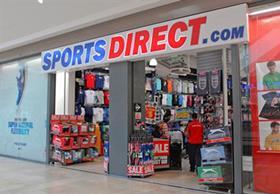
Plan C it is, then. A piecemeal sale of individual stores. But who is going to buy any? Well, keep an eye on Christo Wiese, the South African billionaire behind the new discount fashion chain Pep & Co, headed by former Asda boss Andy Bond. I’m told Wiese is interested in a number of the less bad locations. And then there’s Mike Ashley’s Sports Direct, which can now pick up the stores it wants on the cheap after looking at buying the lot last week.
One group to watch will be the discount supermarkets, Aldi and Lidl. Their version of the supermarket space race is just getting started, and these two are sure to be casting a careful eye over some BHS stores.
From a wider view, what does the collapse of BHS, together with Austin Reed’s fall this week, tell us about the high street? Well, not much really, other than what we already knew: if you run a retail business based on retail principles of the 1970s, you will not survive today.
As Sir Phil collected his latest superyacht this week, 11,000 people he used to employ are facing the dole and severe cuts to their pensions.
Will anyone question whether or not Sir Phil was acting in the best interests of the company by selling it to a group of people with no retail experience? Will anyone find out where the £55m from the sale of the Oxford Street store went?
For five years from 2000 I spent most of my time chasing down the bosses of MG Rover. The company went under, but not before the Phoenix Four, as the bosses were known, had stripped out tens of millions for themselves. This BHS story has scarily similar parallels. Don’t let Chappell do it twice, for goodness’ sake.


























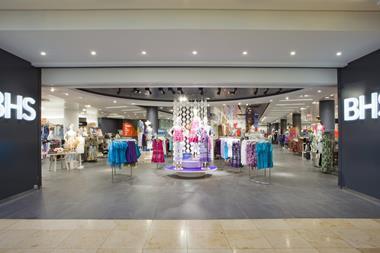
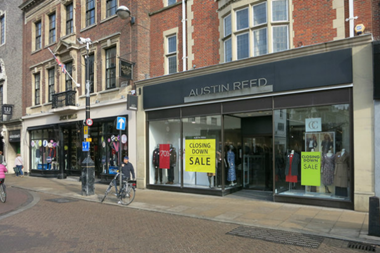
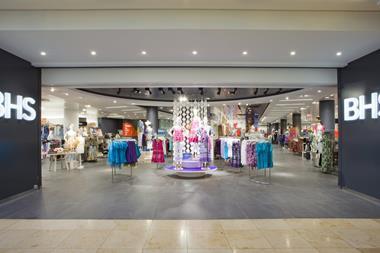
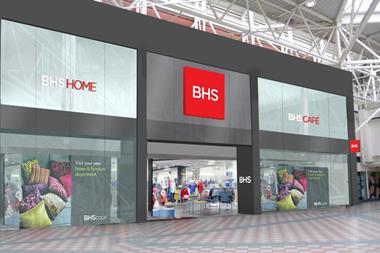
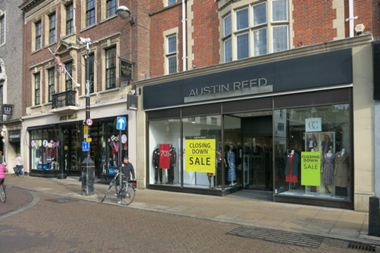
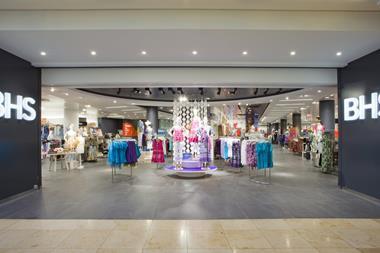
No comments yet